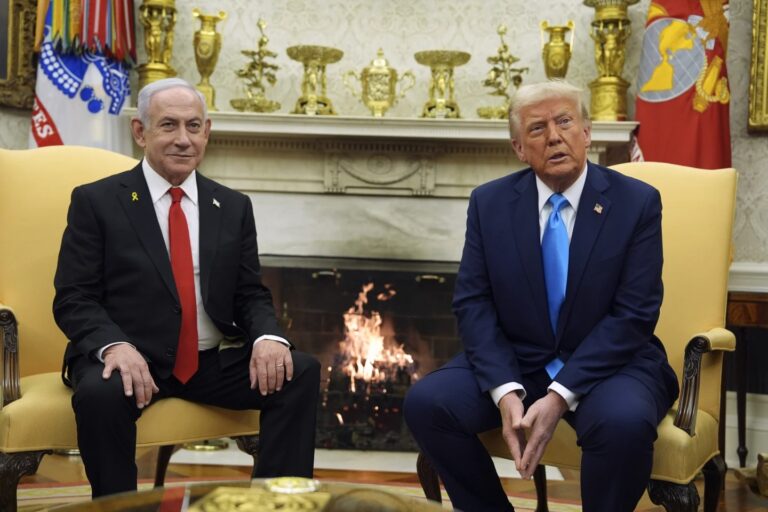 The Union of Orthodox Jewish Congregations of America today welcomed the decision of the Supreme Court of the State of Oregon affirming the right of parents to circumcise their children.
The Union of Orthodox Jewish Congregations of America today welcomed the decision of the Supreme Court of the State of Oregon affirming the right of parents to circumcise their children.
The Oregon Court emphasized “the decision to have a male child circumcised for medical or religious reasons is one that is commonly and historically made by parents in the United States,” and that “the authority of the custodial parent to make medical decisions for his or her child … is implicit in both case law and Oregon statutes.” A brief supporting that result was filed jointly in the case by the American Jewish Congress, the American Jewish Committee, the Anti-Defamation League, and the Union of Orthodox Congregations of America.
The case, Boldt v. Boldt, concerns a custodial father who, after converting to Judaism, wished to enable his son to undergo a ritual circumcision. The boy’s mother opposed the circumcision, and was supported by anti-circumcision activists who used this case as an opportunity to urge the abolition of all circumcision of children. Had the mother and her amici prevailed on her primary claim–that a parent could never consent to circumcision–the long-standing Jewish tradition of circumcising males when they are eight days old would have been in jeopardy.
The groups added that while the Oregon Supreme Court had taken note of conflicting parental claims about the 12-year-old child’s wishes, it did not hold those wishes to be determinative. Rather, it charged the trial court with resolving whether, in fact, the child’s wishes were in opposition to the father’s, and if so, whether overriding them would adversely affect the child’s relations with his father. That is, the groups noted, a holding tailored to the unusual circumstances of this case, and does not materially weaken the impact of the court’s decision allowing parents to circumcise their children.
UOJCA public policy director Nathan J. Diament added that “the Court’s ruling is an important protection for the religious freedom of American Jews and our ability to freely practice our faith.”











6 Responses
This has been on the blogs for a few days leading up to this decision. The question everyone has been asking and there seems not to be an answer is why the father wants his ayno yehudi son circumcised. There seems to be nothing indicating that the son is interested in being a yehudi.
maybe i can’t read, but in my mind the case is not a victory for the OU or anyone who filed an amicus brief for the father. the appellate court merely said the trial court must decide whether or not the boy, 12, wants the circumcision. additionally, only then can the court decide, if the boy doesn’t want to be circumcised , if this will effect the father’s ability to care for the boy.
where is the victory Mr. Diament?
#1
You’re right – It’s not clear that in the particular case of this family there was any din of milah at all. (For all I know, the father isn’t a shomer mitzvah.)
However, what is important for Jews and Jewish organizations is the question at hand in this case – can the state claim that milah may not be done by parents without a child’s consent. The suggestion that it cannot would have huge repercussions on the frum community – it would essentually mean that parents cannot circumcize their son without his consent in all cases. Therefore, the situation in this particular case is entirely meaningless. (I only wonder why Agudah didn’t join.)
Is the mother Jewish? Otherwise, there’s no reason the child has to be circumcised because the father converted to Judaism. And if the mother also converted to Judaism after the children were born, the children do not have to accept the conversion and become Jewish.
“the long-standing Jewish tradition of circumcising males when they are eight days old would have been in jeopardy” HEY Chas Vesholom Yidden have always kept the mitzvos with mesirus nefesh and would of also kept them even if a court rules against etc etc. Please correct the text as it looks as if you’re (whoever) is saying complete shtisim and as if….
No wonder Aguda didn’t join as there’s no inyan making a bris for a non jew. But the ruling is an important ruling.